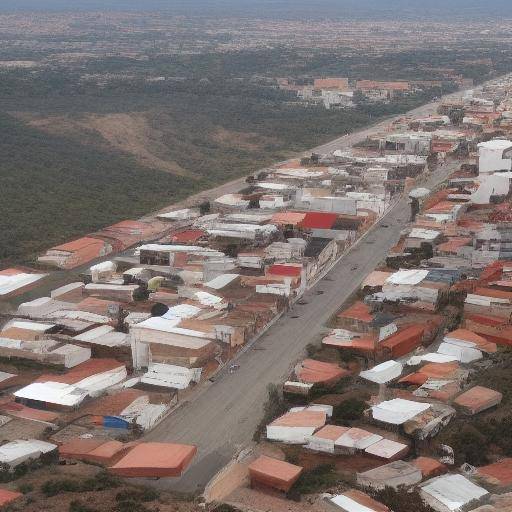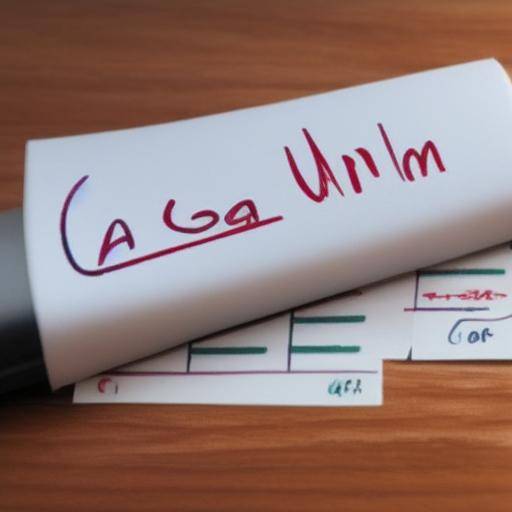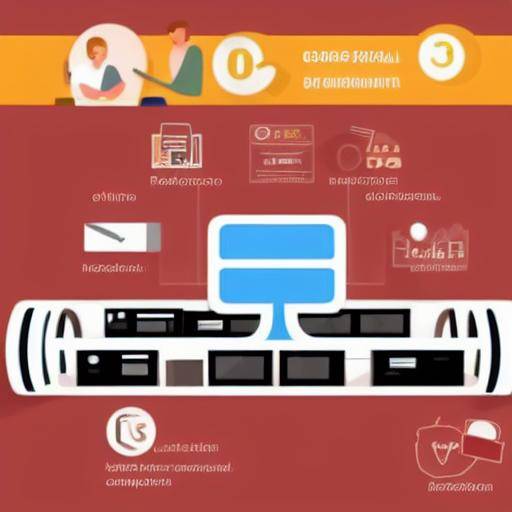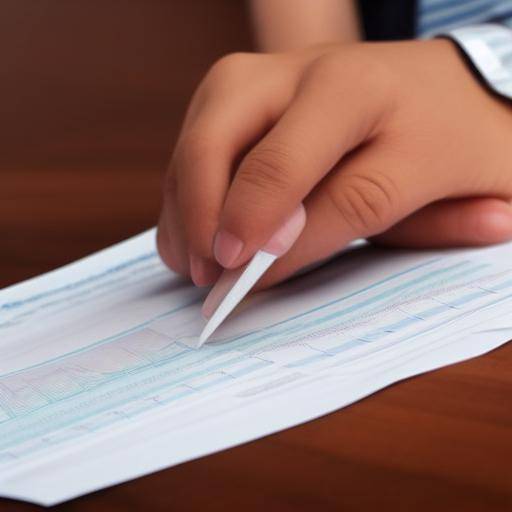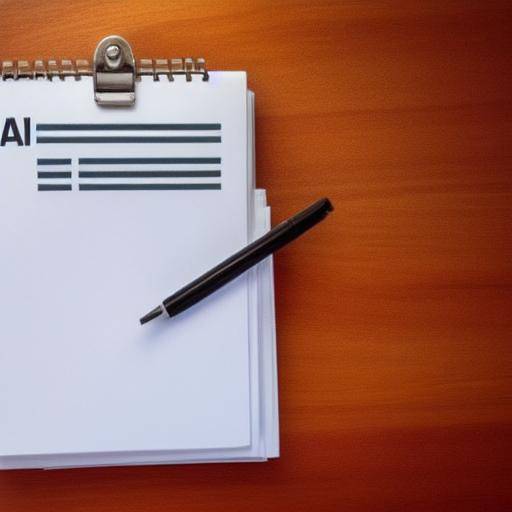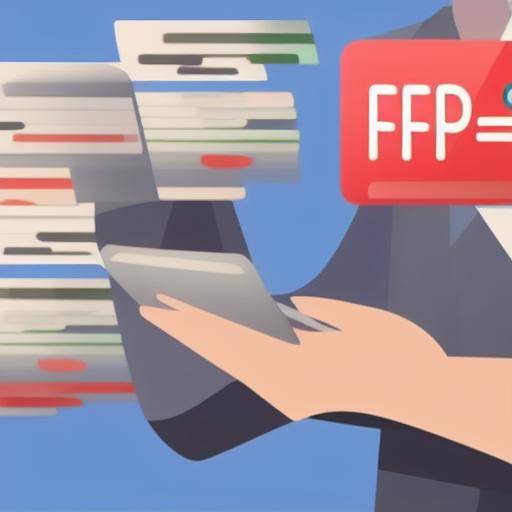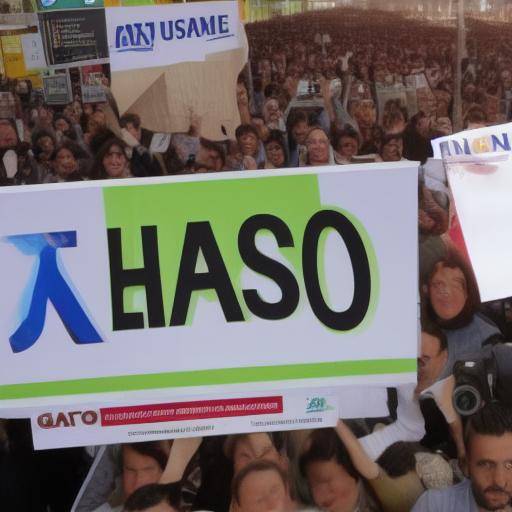
In life, it is always important to be prepared for the unexpected. Financial security is a fundamental aspect of the challenges that may arise. In this article we will explore in detail the importance of creating an emergency fund, its benefits and how to establish it effectively in search of safety and support for unexpected situations.
Introduction
An emergency fund is a reserve of money to face unforeseen situations, such as job loss, unexpected medical expenses, urgent repairs, among other unexpected events that may affect financial stability. Maintaining an emergency fund provides peace of mind and security, enabling them to cope with these unexpected situations without borrowing or compromising other sources of funding.
History and background
The concept of emergency fund has existed throughout history, although it has become more relevant in modern times due to economic and labour uncertainty. Prior to the popularization of modern financial systems, families depended on cash reserves or liquid assets to face unforeseen situations. With the growing complexity of the economy and the variety of risks we face today, the importance of having an emergency fund has become even more relevant.
In the 1920s, after the Great Depression, financial institutions began to promote the importance of having emergency funds to avoid excessive indebtedness. Since then, it has become an essential component of personal financial planning.
Detailed analysis
Advantages of an Emergency Fund
- Provides financial security.
- It allows to treat unforeseen events without borrowing.
- It reduces stress and anxiety in times of crisis.
- It provides mental peace and economic stability.
Challenges to create an emergency fund
- It requires discipline and coherence to accumulate the necessary resources.
- It may be difficult to allocate a percentage of income to an emergency fund, especially in difficult economic situations.
- Liquidity of assets allocated to the fund may limit profitability.
- The determination of the appropriate amount of the emergency fund can be complex.
Current trends
The creation of emergency funds has now been influenced by the rapid digitization of financial services. The online savings accounts and mobile applications have facilitated the creation and management of these funds, providing greater accessibility and transparency in the management of resources allocated to emergencies.
Comprehensive review
The creation of an emergency fund varies according to individual circumstances and needs, but there are general principles that can be applied. It is essential to consider the level of income, monthly expenses, job stability and the existence of other sources of financial support when designing an emergency fund.
Practical advice and practical recommendations
Measures to create an effective emergency fund
- Needs Assessment: Calculate the amount required to cover basic expenses for at least six months.
- Establish realistic objectives: To identify an achievable objective for the emergency fund and to establish a plan to accumulate the necessary resources.
- Automatic contributions: Establish automatic transfers of funds to an emergency fund-specific account with each payment period.
- Evaluate and adjust: Review the amount saved periodically and make adjustments according to changes in circumstances.
Conclusions and FAQs
Conclusions
An emergency fund is a fundamental pillar for financial security. Through future planning and maintenance of an adequate emergency fund, the impact of unforeseen situations can be mitigated, providing stability and support during economic challenges.
Frequently asked questions
How much money should I have in my emergency fund?
The recommended amount for an emergency fund generally amounts to between three and six months of basic expenditure. However, this amount may vary depending on job stability, financial commitments and other individual circumstances.
What assets should I consider for my emergency fund?
Assets assigned to an emergency fund must be liquid and easily accessible in times of need. Savings accounts, deposit certificates and other low-risk options, highly liquid is generally the most suitable for this purpose.
What is the best way to manage an emergency fund?
Maintaining the emergency fund separated from the daily-use accounts and establishing a clear plan for their management is essential. It is also advisable to periodically review and adjust the emergency fund to adapt to changing circumstances.
What is the importance of an emergency fund in times of economic crisis?
During periods of economic crisis, having an emergency fund can make the difference between financial stability and vulnerability. This fund provides a financial cushion that allows to face uncertainty with greater security and mental peace.
Should I consider creating an emergency fund if I have financial backing, such as insurance or investments?
While having insurance and other forms of financial support is important, an emergency fund remains essential. It provides an additional layer of security, especially in situations where immediate access to liquidity is crucial.
How can I start creating an emergency fund if my finances are adjusted?
Even in strict financial situations, it is possible to allocate a minimum percentage of income to an emergency fund. Coherence and discipline in savings are key to achieving this goal.
In short, the establishment of an emergency fund is an essential step towards providing security and support for financial problems. Through the establishment of realistic goals, focusing on the coherence and proper management of these resources, greater financial stability and mental peace can be achieved in times of uncertainty.






